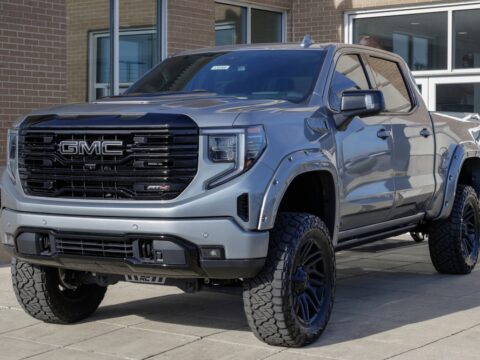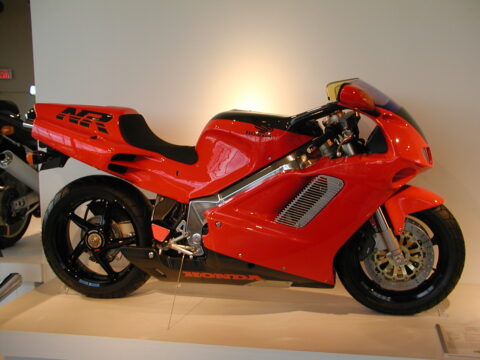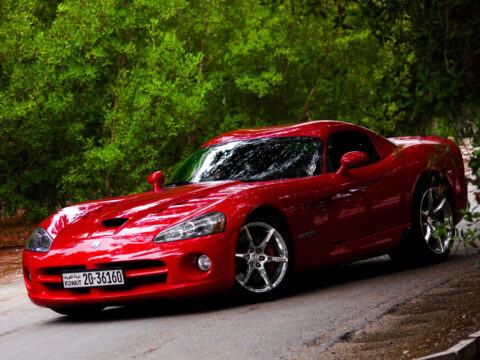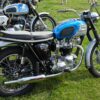Vehicle tuning is a great way to enhance performance, but there are many misconceptions that can lead to unexpected problems. From exhaust upgrades to suspension tweaks, not all modifications deliver the benefits drivers expect. Some of these misunderstandings can even reduce a car’s efficiency or reliability. In this article, we’ll explore 19 common misconceptions about vehicle tuning that could affect your car’s performance.
Contents
Bigger Exhausts Always Improve Power
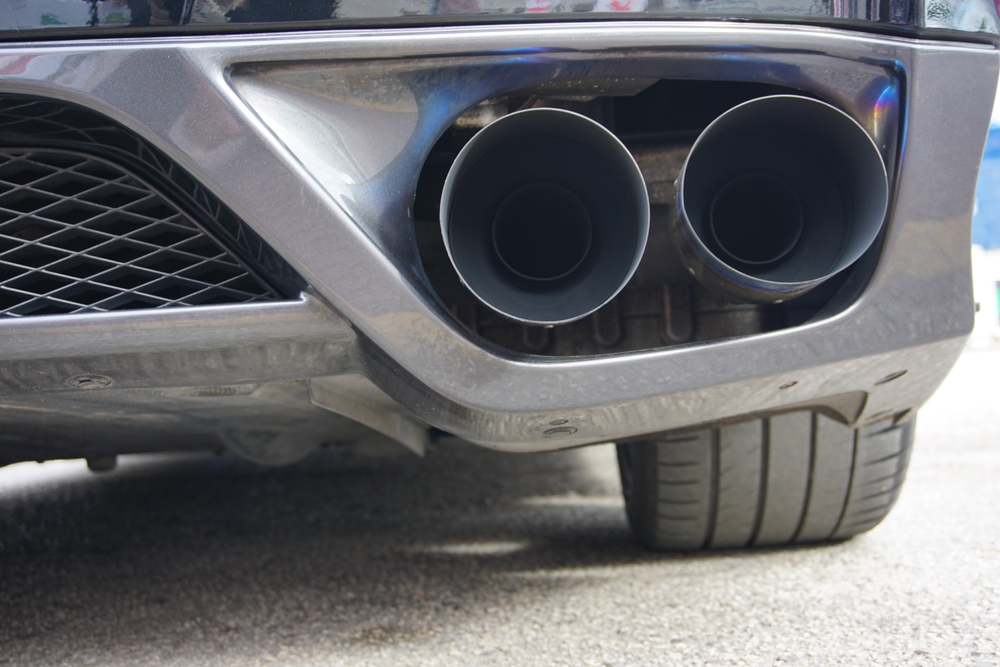
It’s often believed that a larger exhaust system will boost power output. However, if the exhaust is too big, it can reduce backpressure, which is essential for maintaining low-end torque. This loss of torque can actually hurt performance, particularly during normal driving conditions. To maximize power, an exhaust system should be appropriately sized to match the engine’s needs.
Cold Air Intakes Always Add Horsepower
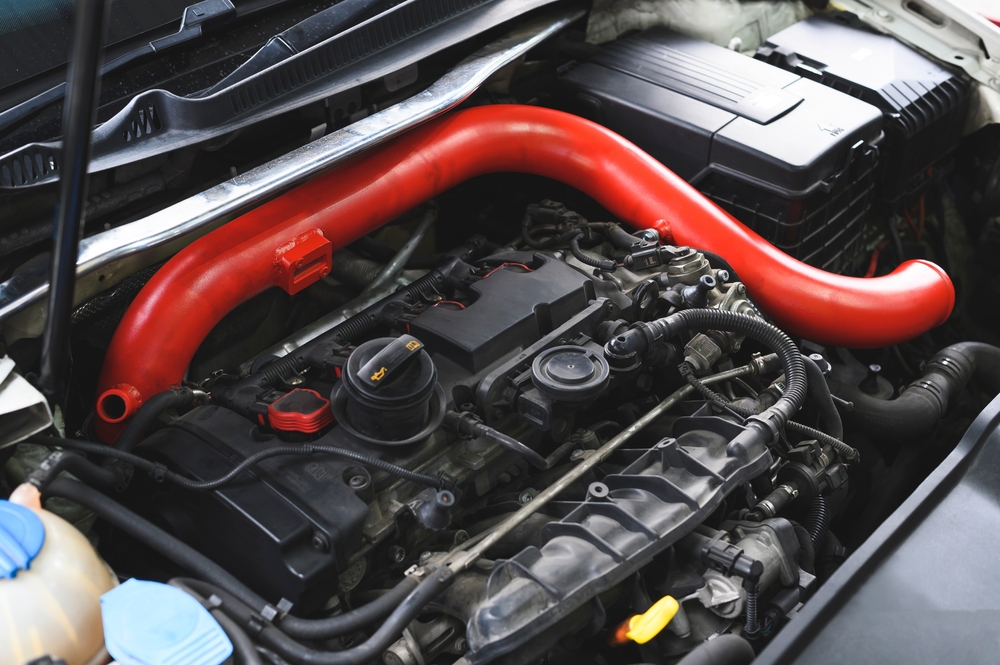
Many assume that installing a cold air intake will lead to immediate horsepower gains. While it can increase engine efficiency by delivering cooler air, the results are often minimal unless other components are modified as well. Without proper tuning, a cold air intake alone may have little to no effect on overall performance. For optimal gains, it should be paired with a performance exhaust and ECU tuning.
Premium Fuel Equals Better Performance

A common misconception is that using premium fuel will enhance the performance of any car. This is not the case, as most engines are designed to run efficiently on regular gasoline. Only high-performance engines tuned specifically for premium fuel benefit from it. For everyday vehicles, premium fuel offers no real advantage.
More Boost Always Means More Power
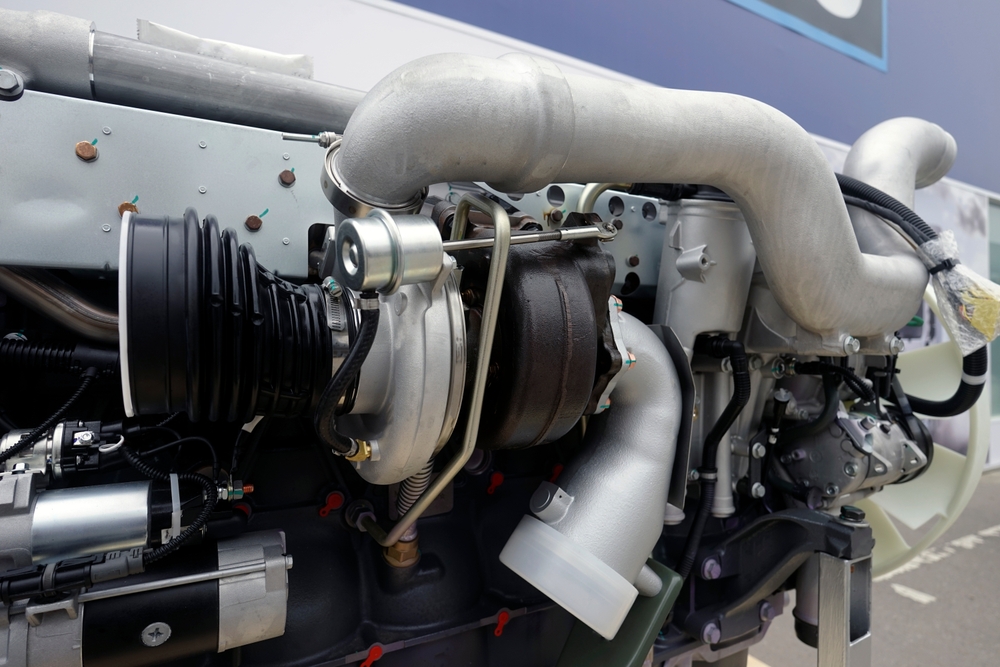
Turbocharging enthusiasts often believe that turning up the boost will always result in more power. While increased boost can provide additional horsepower, it also stresses the engine, leading to potential overheating or engine knock. Careful tuning of fuel and ignition systems is required to safely increase boost. Pushing the limits without proper support can cause serious engine damage.
Lowering Suspension Automatically Improves Handling

It’s commonly thought that lowering a car’s suspension will enhance handling. However, improperly lowering a vehicle can negatively impact ride quality, causing bump steer and excessive tire wear. A well-tuned suspension involves more than just reducing ride height; adjustments to alignment and shock absorbers are also necessary. Otherwise, handling may suffer instead of improving.
Bigger Tires Are Better for All Conditions
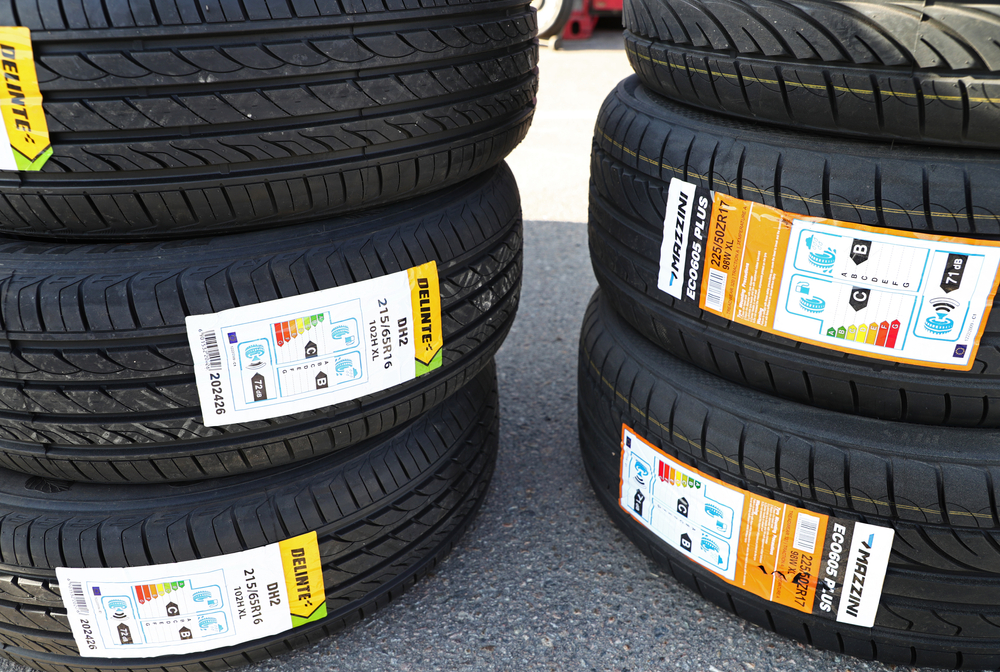
Many people believe that installing bigger tires will automatically improve performance. However, wider tires can negatively affect fuel economy, increase road noise, and decrease handling if not properly balanced with the car’s suspension. The best results often come from using tires that match the manufacturer’s recommended size for the vehicle. Bigger isn’t always better when it comes to tires.
ECU Tuning Can Fix All Performance Issues
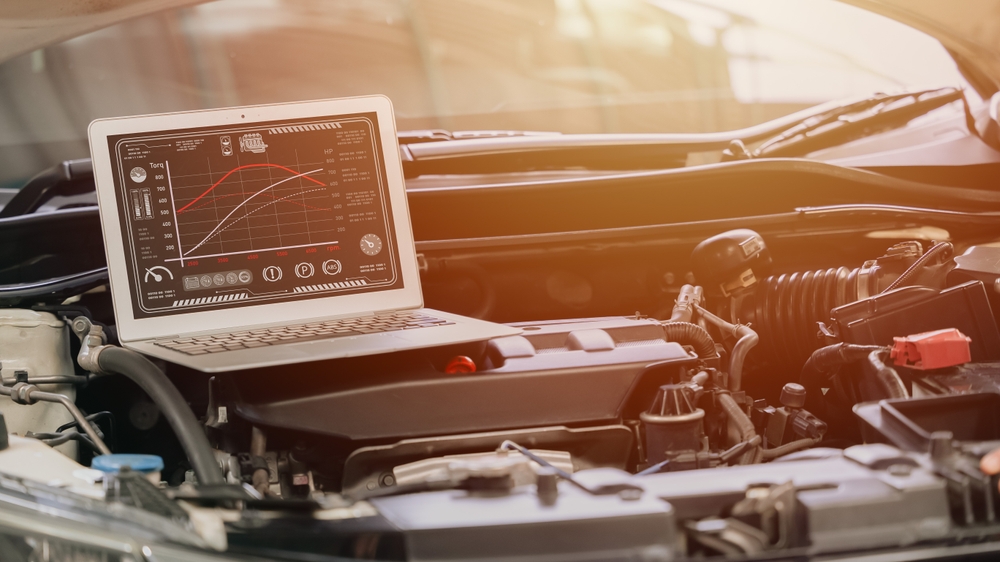
Some drivers expect that ECU tuning will fix all performance issues. While it can unlock additional power, a poorly executed tune can cause more harm than good. Incorrect tuning can lead to engine misfires, poor fuel efficiency, or even damage critical engine components. It’s essential to have ECU tuning performed by a professional to avoid potential problems.
Aftermarket Parts Always Outperform Stock Parts

There’s a belief that aftermarket parts are always better than the factory-installed ones. While they can offer performance improvements, aftermarket parts often sacrifice durability and reliability. Stock parts are typically designed to balance performance with longevity. Installing untested aftermarket components can sometimes result in reduced efficiency or long-term damage.
More Horsepower Equals Faster Cars
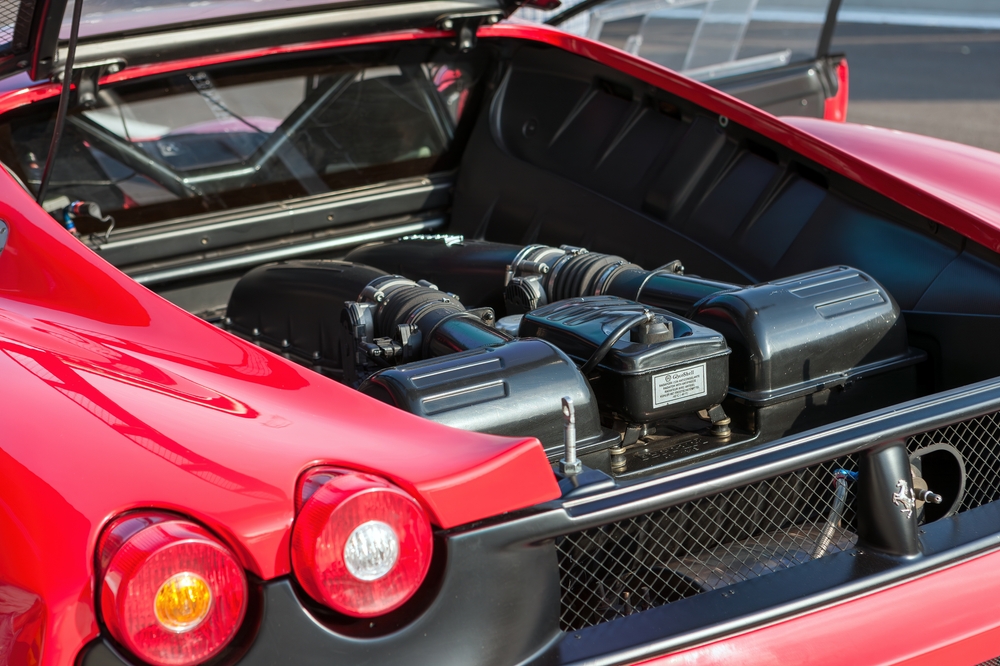
A higher horsepower rating doesn’t always translate into a faster car. Variables like weight distribution, aerodynamics, and torque are crucial for overall performance. A car with less horsepower but better handling and weight balance can often outperform a more powerful one. Simply chasing horsepower numbers doesn’t guarantee speed.
Removing the Catalytic Converter Improves Power
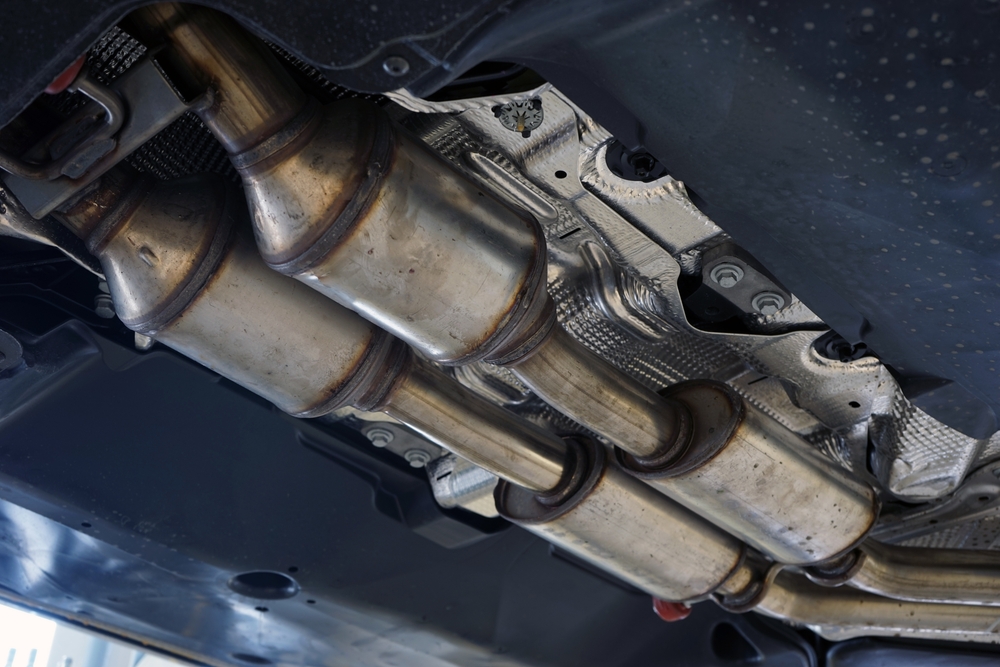
Some believe that removing the catalytic converter will lead to significant power gains. While it may reduce exhaust restriction slightly, it can also cause issues with the engine’s air-fuel ratio. Modern engines are designed to work with catalytic converters for both performance and emissions control. Removing it may result in poor engine performance and legal penalties.
Tuning for Maximum Power Is Always Best
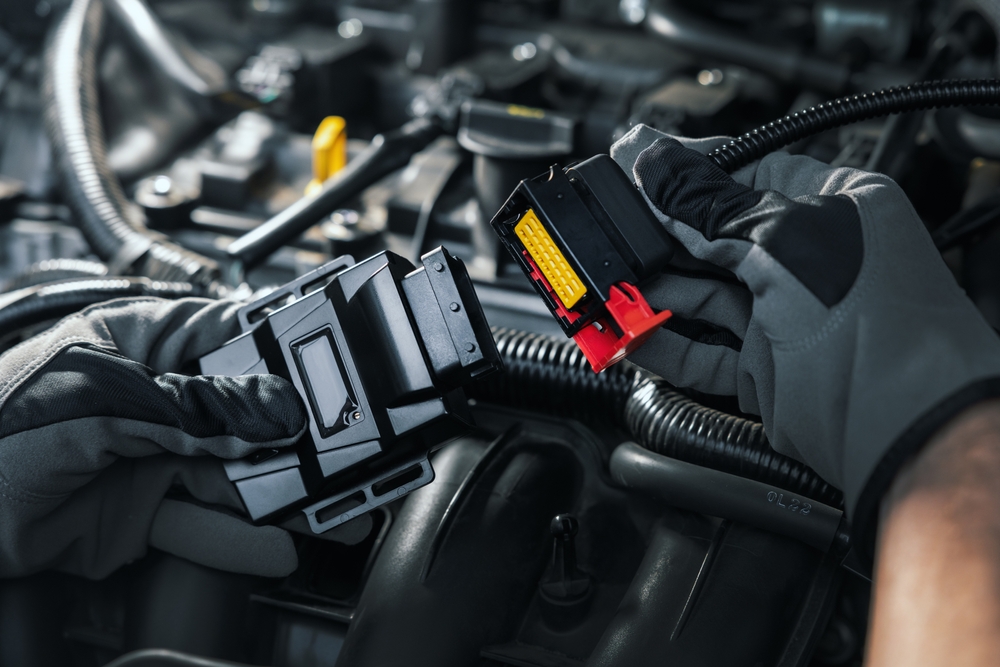
Tuning an engine for maximum power may seem ideal, but this can compromise other factors like reliability and fuel efficiency. Maximum power tunes often push the engine to its limits, which can reduce its lifespan. A balanced approach that offers a mix of power and reliability is better for long-term use. Daily drivers benefit more from a well-rounded tune.
Lighter Cars Always Perform Better
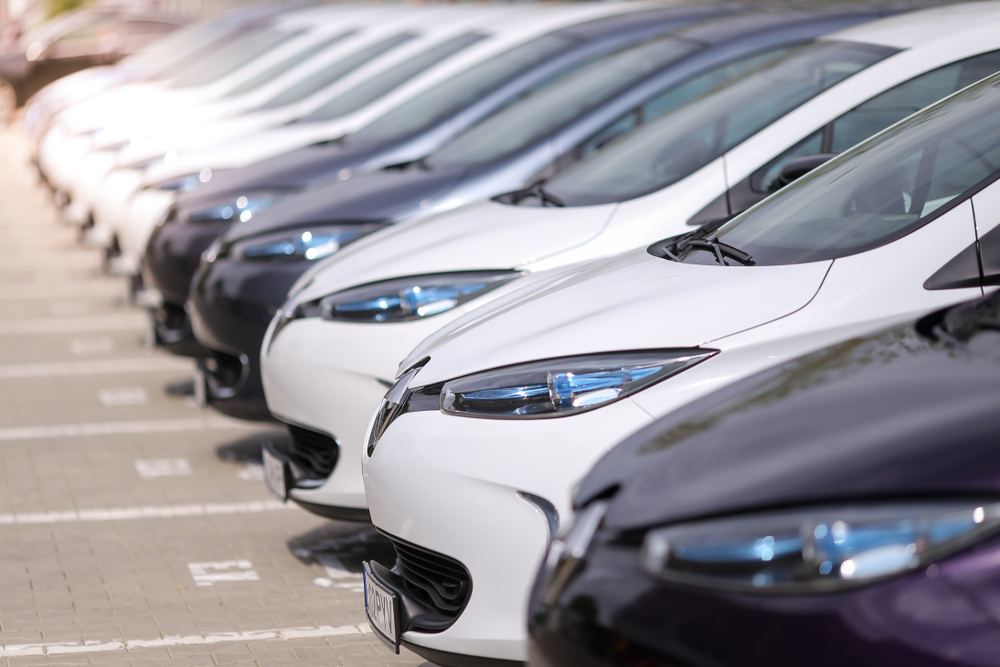
It’s widely believed that making a car lighter always improves its performance. While weight reduction can enhance acceleration and handling, removing essential components can negatively impact safety and comfort. Careful consideration is needed when reducing weight to avoid compromising the car’s structure. Simply making a car lighter isn’t a one-size-fits-all solution.
Tuning Voids the Warranty

Many believe that any form of vehicle tuning will automatically void a warranty. In reality, it depends on the type of tuning and the manufacturer’s policy. Some car manufacturers allow performance tuning without voiding the warranty if it’s done within certain guidelines. It’s important to check with the dealership or manufacturer before making modifications.
All-Wheel Drive (AWD) Is Always Better Than Rear-Wheel Drive (RWD)
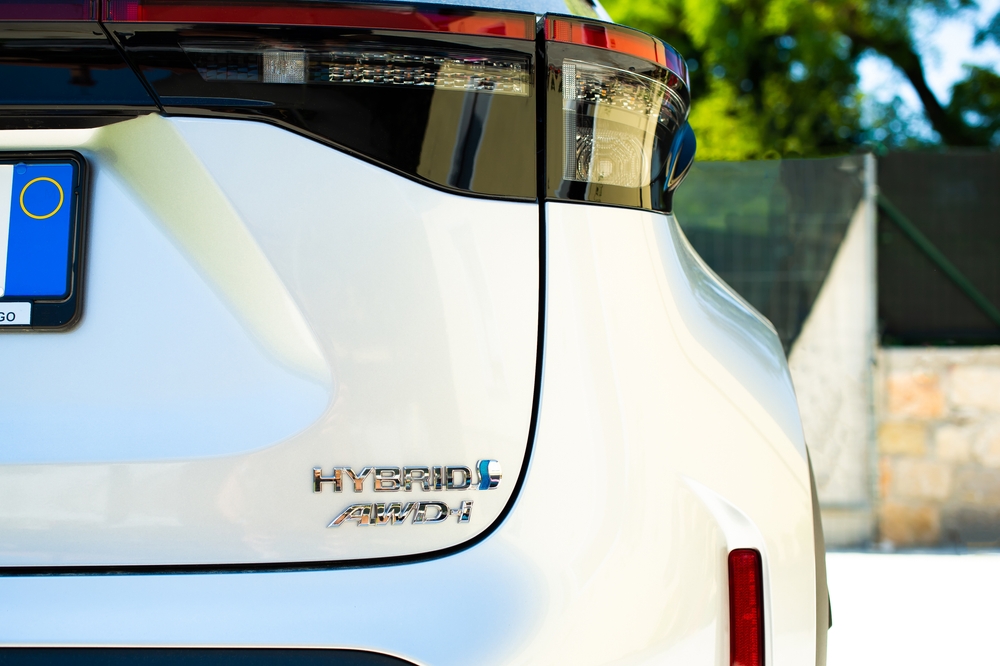
There’s a misconception that AWD is always superior to RWD in all driving conditions. While AWD provides better traction in wet or icy conditions, RWD often delivers more precise handling and a sportier feel on dry roads. For some performance applications, RWD can be more enjoyable to drive. Each system has its strengths depending on the environment.
Race Car Tuning Is Ideal for Street Cars
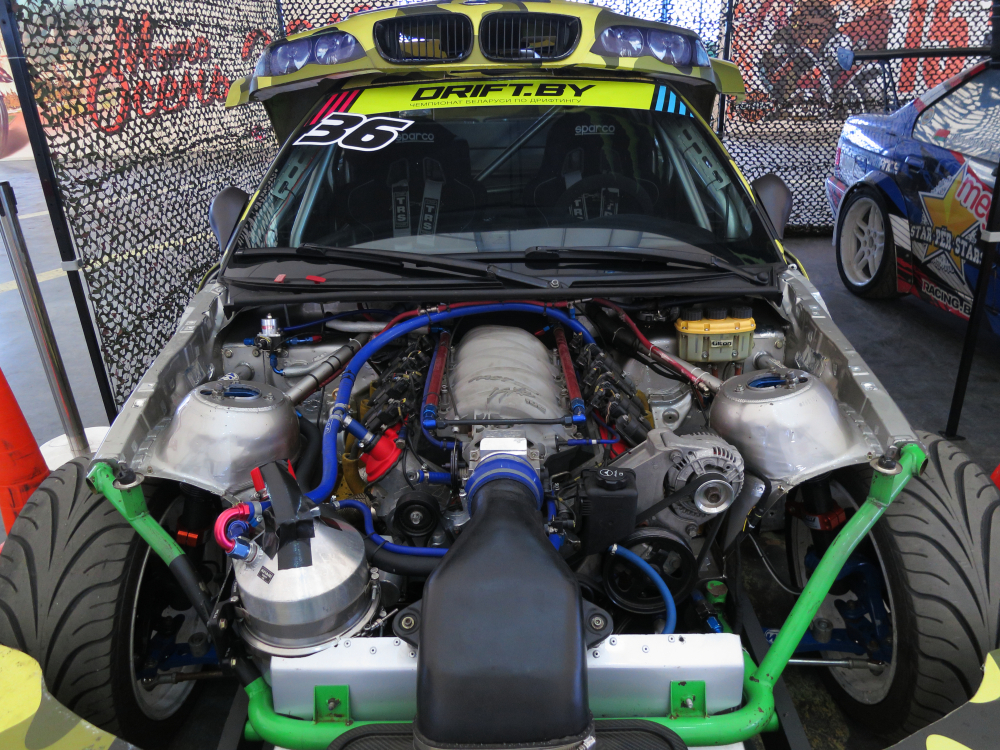
Some enthusiasts believe that tuning their car like a race car will improve its performance on the street. However, race car tuning is optimized for track conditions, not daily driving. Harsh suspension setups, aggressive gearing, and reduced comfort features can make a street car uncomfortable and impractical. For everyday use, a more balanced tuning approach is recommended.
More Airflow Always Means More Power
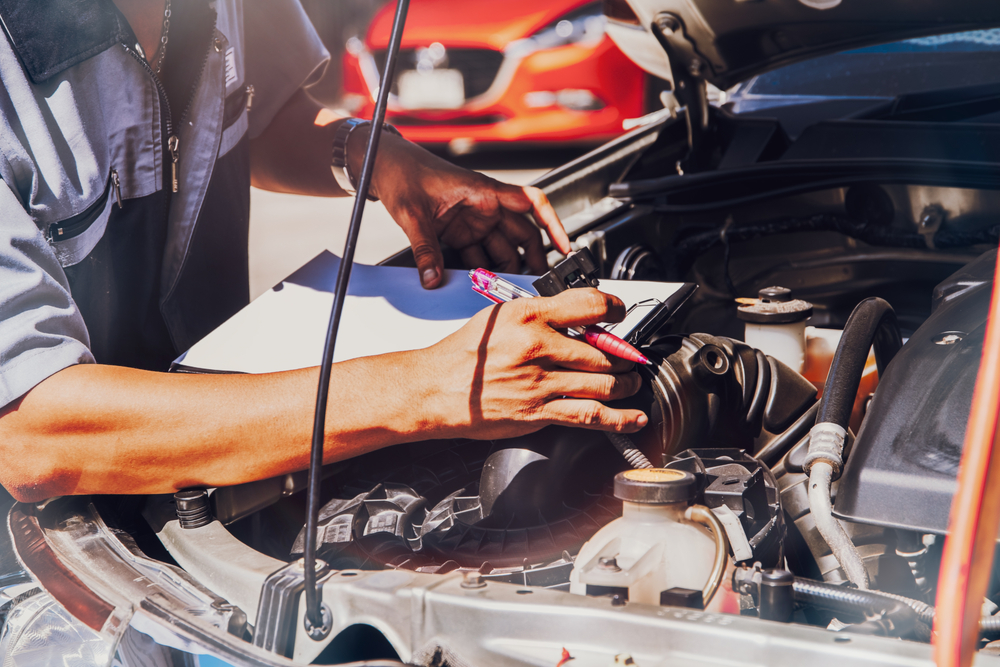
Increased airflow is often thought to result in more power. However, if the engine’s fuel system isn’t adjusted to handle the extra air, the result can be a lean air-fuel mixture, leading to engine knock. For optimal performance, airflow upgrades must be balanced with proper fueling. More air alone doesn’t guarantee better performance.
Lower Tire Pressure Improves Grip
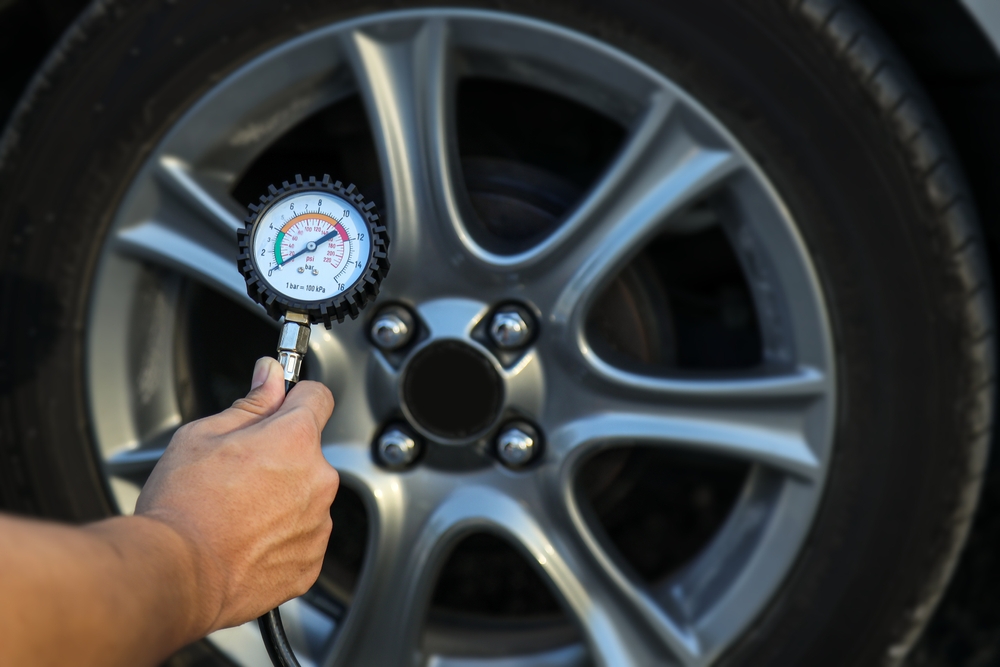
It’s a common belief that lowering tire pressure will enhance grip by increasing the tire’s contact with the road. While this can be true in certain off-road scenarios, it generally leads to increased rolling resistance and uneven tire wear on paved surfaces. Maintaining the correct tire pressure is crucial for proper handling and fuel efficiency.
Bigger Brakes Are Always Better
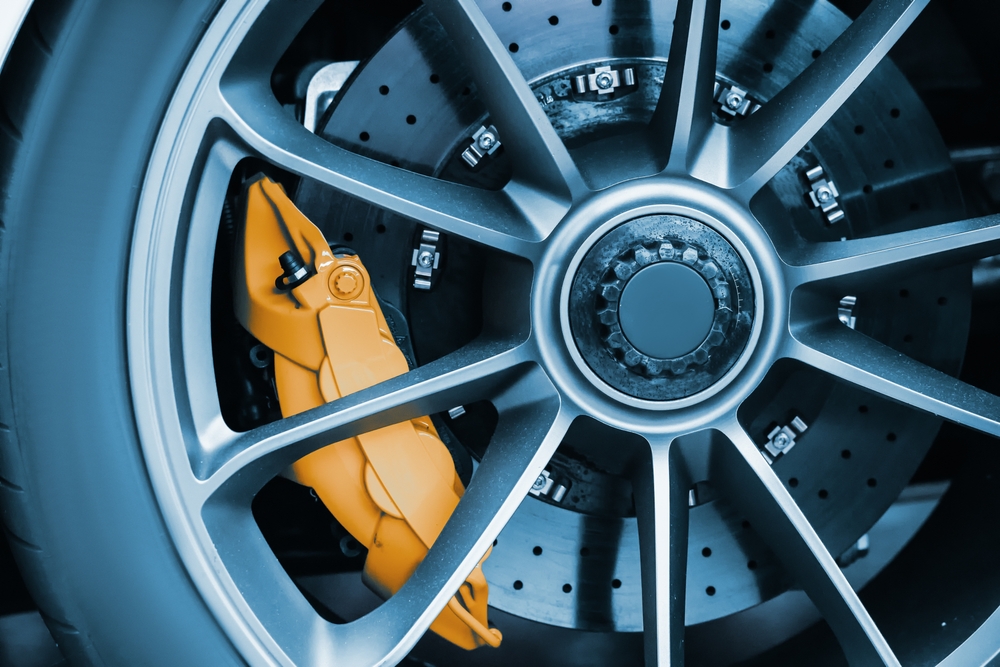
Many assume that installing bigger brakes will always improve stopping power. However, oversized brakes can upset the vehicle’s weight balance and lead to inefficient braking if not matched with other systems like suspension and wheels. High-quality brake pads and rotors are often enough to enhance braking performance without needing larger components.
Air Suspension Is Only for Comfort
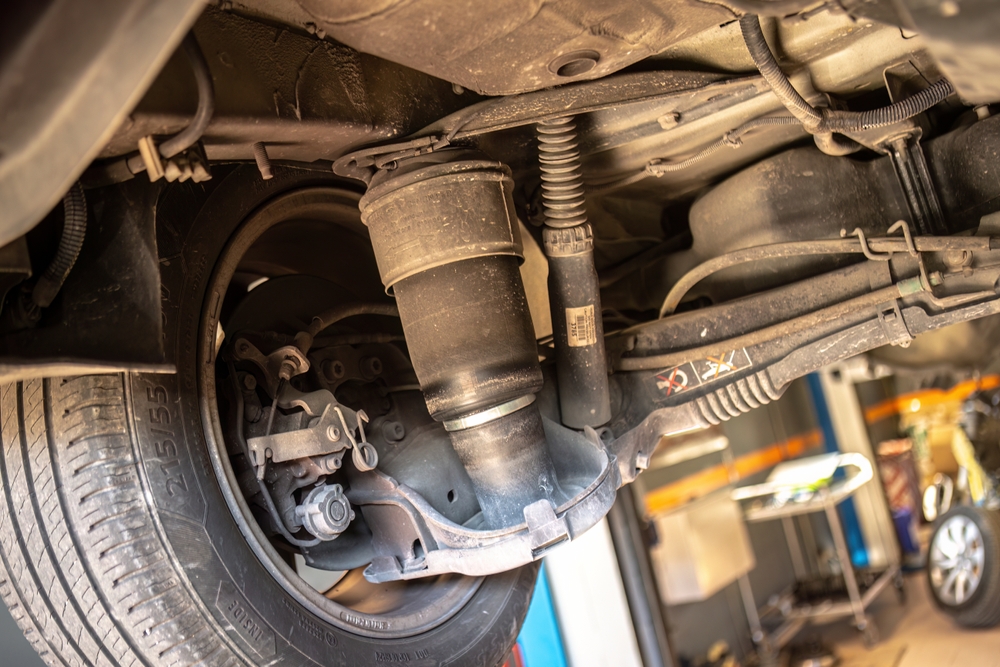
There’s a misconception that air suspension is solely for providing a comfortable ride. Modern air suspension systems are highly adjustable and can be tuned for performance, offering benefits in both ride quality and handling. When properly set up, air suspension can provide the best of both worlds: comfort for daily driving and enhanced performance on the track.
This article originally appeared in MyCarMakesNoise.
More from MyCarMakesNoise
15 Least Fuel-Efficient Cars Ever Produced

Certain automobiles are renowned for prioritizing raw power and luxury over fuel efficiency. Equipped with massive engines and designed for high performance or ultimate comfort, these vehicles exemplify significantly higher fuel consumption. Read More.
20 Fascinating Facts About the Iconic Mercedes-Benz G-Class

The Mercedes-Benz G-Class, also known as the G-Wagen, has a fascinating history and impressive capabilities. Originally developed as a military vehicle in the 1970s, it transitioned into a luxury SUV without losing its ruggedness. Read More.
18 Vintage RVs That Are Now Highly Collectible and Worth Restoring

Vintage RVs offer a unique charm and a glimpse into the golden age of travel, where adventure met retro style. Many of these classic RVs have become highly collectible due to their distinctive designs, quality craftsmanship, and nostalgic appeal. Read More.

